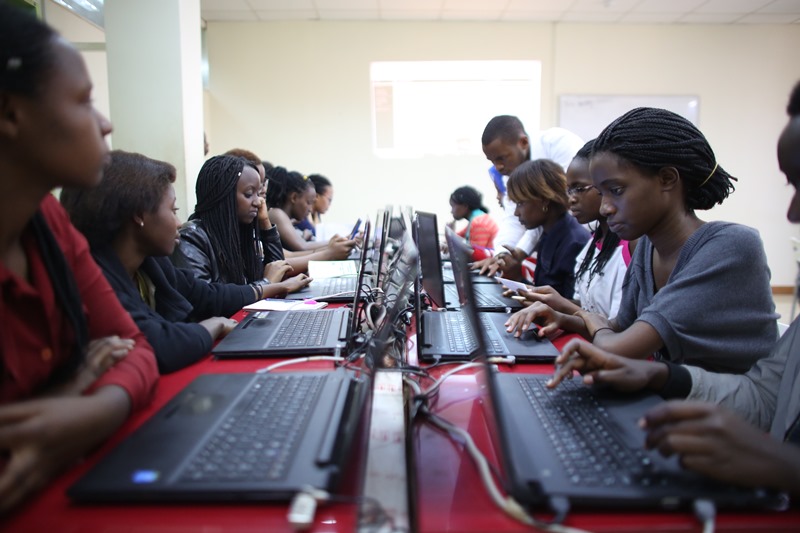After just one quarter, we know that 2020 will be a year to remember. Over the last three months, the spread of the Coronavirus has reached every corner of the planet, and with it has come a tsunami of fear and economic panic. Experts predict that this global crisis may just be beginning and will likely worsen in the coming months. Overnight our world has changed in unimaginable ways — ways that feel overwhelming, potentially unrecoverable, to many.
As we grapple with this pandemic and its life altering consequences, there are lessons to be learned from other countries that have experienced catastrophic loss, survived, and re- emerged stronger and more unified than ever. Rwanda is one of them. Twenty-six years ago this month, in 1994, the country experienced the swiftest genocide in history, where more than one million Tutsis were brutally murdered over a hundred days of violence and inhumanity.
Today, Rwanda stands as a beacon of hope, opportunity, and purposeful leadership. It has one of the fastest growing economies in East Africa and serves as a model for human development across the region. Some of the biggest gains have been for women. Like the rest of the world, Rwandans are confronting an increase in COVID-19 infections, but thanks to the government’s swift decision making and lockdown, the spread of the virus has thus far been contained.

The resilience and perseverance of the Rwandan community, women in particular, continue to inspire me. During the 20th Commemoration of the Genocide Against the Tutsi in April 2014 at Amahoro National Stadium, I listened to the powerful testimonials of survivors as well as a speech given by President Paul Kagame that has stayed with me to this day. His description of the intentional choices the country’s leadership made post-genocide have particular resonance now, as we start to consider and plan for the aftermath of this crisis.
The president described “three fundamental choices” that have guided their recovery.
Choice One: We chose to stay together. In its simplest terms this meant healing the divisions that led to the Genocide against the Tutsi. Now more than ever the world’s interdependence and connectedness are undeniable. The UN Secretary General has called for a global ceasefire to focus on the fight against the pandemic, hoping to capitalize on our common purpose to eradicate this threat. What if we were able to harness this new, even forced sense of togetherness to make more deliberate progress on other entrenched global challenges, such as climate change or violence against women and girls? What if we were finally able to transcend political and national boundaries to make that happen?
Choice Two: We chose to be accountable. In Rwanda this meant instilling the rule of law and accountability across all levels of government and society. In the context of controlling the spread of the virus, today and tomorrow, the issue of accountability is an important one. When the first wave of this crisis has abated, and it will, and successive rounds of social distancing and sheltering in place are called for, will people show the same willingness to be accountable to their friends, neighbors, and colleagues, even to total strangers and foreigners? Are we, as global citizens, open to changing our practices long-term for the benefit of humanity? Where does individual and collective accountability start and stop in this new world order?
Choice Three: We chose to think big. Rwandans were thinking big when they created Vision 2020 and now Vision 2050, both blueprints for its economic and social advancement. Now more than ever is the time for big thinking. We should already be thinking about and planning for the next pandemic or crisis, because there is going to be a next one, and good preparation is key as Bill Gates has said. But this isn’t only about public health. There will be fundamental changes to how people work, and learn, and live. Nothing will be the same from here on out. And we must start from now, to envision the future in a different way just as Rwandans did post-genocide.

“Twenty years ago, Rwanda had no future, only a past,” President Kagame said in that sagacious speech. Now, the country has forged a clear path toward a more peaceful and prosperous future. The world is at a similar inflection point today. We have an opportunity, as individuals, states, and countries, to make the kind of fundamental choices that will preserve our collective future. What that future looks like is in all our hands.
Karen Sherman is the president of Akilah, Rwanda’s only women’s college, and the author of Brick by Brick: Building Hope and Opportunity for Women Survivors Everywhere, published in January, 2020.

